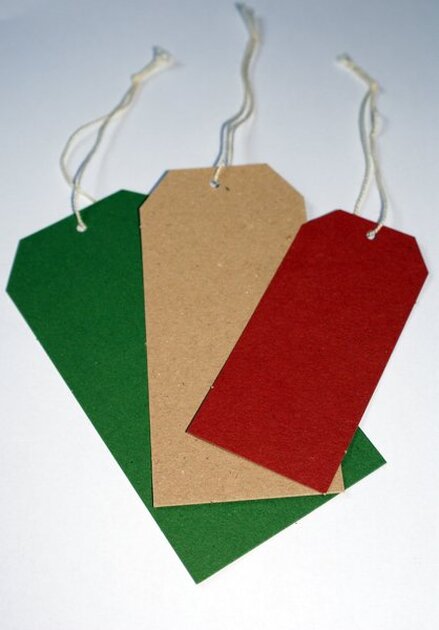
Our Gemara on Amud Aleph quotes Iyov (28:13-28) about the inestimable value of wisdom and how it cannot be bought, traded, or compared to anything else. Chazal understand these verses to refer to the particular wisdom of Torah.
It is an interesting question whether, from the Torah’s perspective, there exists wisdom outside the Torah. Logically speaking, there is no theological need for the Torah to encompass all wisdom, so long as what it commands, as pertinent to us, is wise too. That is, the Torah contains commandments and a covenant that God directs us to fulfill for our own good, presumably, and contains great wisdom. As the verse states (Devarim 4:6):
Observe them faithfully, for that will be proof of your wisdom and discernment to other peoples, who on hearing of all these laws will say, “Surely, this is a great nation and a wise and discerning people.”
However, this should not preclude the existence of other wisdom that, for whatever reason, is not necessary to be within the Torah. Indeed, the sages of the Talmud consulted with secular scholars and sometimes even conceded to their wisdom, even in regard to Halacha. For example, in Nazir (52a), the great physician Todos is consulted to determine if a particular set of bones constitutes a correct mass and grouping of bones to convey tumas ohel (impurity from being under the same roof as a corpse). Also see Chulin 77a and Tosefta Niddah 4:1, where secular physicians are consulted. Pesachim (94b) records a dispute between the sages and secular astronomers, and apparently, the sages conceded to them (see Moreh Nevuchim II:8 and Shu”t Maharam Alshakar 96). The Chasam Sofer (YD:338) notes from a Gemara in Shabbos (85a) that certain botanical facts may have been learned from the people of Seir.
The Ramban, in his introduction to his commentary on Chumash, states that the sciences of nature and biology were part of the 49 gates of wisdom acquired by Moshe and can be found encoded in the Torah. In fact, he asserts that all the wisdom in the world is a byproduct, even secondhand or thirdhand, from the wisdom of the Torah. Rabbenu Bechaye says something similar in his introduction to his commentary on the Torah, that the Torah is the source and foundation of all wisdom, and therefore, all wisdom can be found within it.
The Maharal (Netzach Yisrael 31) seems to present a different view: Torah and secular wisdom are separate; one is based on divine revelation, and the other on reason and logic:
You should know that there are two types of wisdom in the world. The first is the wisdom of the Torah, which encompasses the ways of the Lord. This wisdom did not come into possession by any individual, as it is divine intellect, known specifically as the Torah, which is divine intellect. This was given only to Israel, to whom He commanded statutes and judgments. This wisdom comes from the Blessed Lord, who gave the Torah to Israel. The second wisdom is human wisdom, and this wisdom is also found among the nations. It is said in the Midrash (Eicha Rabbah 2:13): If someone tells you there is Torah among the nations, do not believe it, as it is written (Lamentations 2:9), “There is no Torah among the nations.” But if someone tells you there is wisdom among the nations, believe it.
What would the Ramban say about our references to sages who accepted wisdom from secular scholars? He would probably say that, ideally, it can all be found in the Torah, but in a practical sense, there are matters of wisdom that others can deduce from logic and observation. After all, even certain Torah laws are mandated from logical deduction and not revelation. The Gemara (Kesuvos 22a) says: “Why do I need to derive this from a verse? I can derive it from logic.”
I will end with an anecdote that touches upon this issue with humor:
There once was a shoemaker in a shtetl who got frustrated with what seemed to be an unfair free pass that the rabbis and Roshei Yeshiva had over the common folk. He said, “Why do they get to collect money while I have to work?” He decided he would put on a black frock and hat and go to America to pose as a rabbi collecting for his yeshiva and students.
He became successful in his travels, collecting money while posing as a learned sage. The bottom part of his shoe tore, and he needed to go to a shoemaker to repair it. When the American shoemaker saw the extent of wear and damage to the shoe, he said, “I don’t know any way to fix it. You need to buy a new pair of shoes.”
The imposter rabbi, who had formerly been a shoemaker, could not resist showing this current craftsman the proper technique that would allow him to repair and save the shoe. He said, “Actually, there is still a technique to sew it up, let me show you…” The shoemaker looked at the “rabbi” with awe and exclaimed, “It is true what they said, everything really is in the Torah!”
Translations Courtesy of Sefaria, except when, sometimes, I disagree with the translation ![]()
If you liked this, you might enjoy my Relationship Communications Guide. Click on the link above.
Rabbi Simcha Feuerman, Rabbi Simcha Feuerman, LCSW-R, DHL is a psychotherapist who works with high conflict couples and families. He can be reached via email at simchafeuerman@gmail.com
 Previous
Previous

